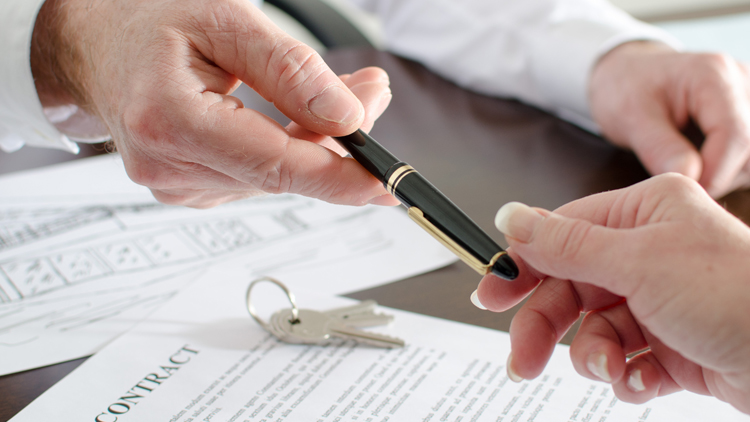


Rent prices tend to rise over time, providing an inflation-protected income into your retirement years. You also might be able to cash in big later if the unit's value increases. It doesn't always work out that way, though. Some landlords wind up with a trashed property after evicting a tenant or lose their savings in a natural disaster.
A few risks you could face as a landlord. Investment property mortgages tend to be a little more difficult and costly to secure than primary residence mortgages. It can also be harder to take cash out of investment properties – either with a cash-out refinance or a home equity line of credit. In other words, you might not have access to the money during an emergency.
Those aren't the only risks you could face when owning a rental.
- Finding and keeping good tenants. Landlords learn from experience that it's worth leaving their rental empty for a month or two rather than pay for an eviction or expensive repairs later. You can pay for professional tenant screening reports or credit reports and call applicants' references before offering a lease.
- Covering your expenses. Between taxes, insurance, repairs, maintenance and mortgage payments the monthly and one-off costs can quickly stack up. Some landlords lose money because their rental income doesn't cover their expenses, but they won't be able to attract tenants if they raise it. If the housing and rental markets drop, you could be stuck losing money each month or selling the property at a loss.
- The time or cost of managing a rental property. Becoming a landlord is often far from a hands-off job. When the phone rings in the middle of the night because the roof is leaking, you'll need to figure out how to solve the problem. You may be able to hire a property management company to take on this work for you, but they often charge about 8 to 12 percent of your rental income or a flat monthly fee.
Bottom line:
Many people focus on the positives of owning investment property. An extra income and potential to build equity with their tenants' money seems too good to be true, and it just might be. If you're going to be successful, you should acknowledge the risks that come with the territory and plan accordingly.
Share
This article is intended to provide general information and should not be considered health, legal, tax or financial advice. It's always a good idea to consult a tax or financial advisor for specific information on how certain laws apply to your situation and about your individual financial situation.